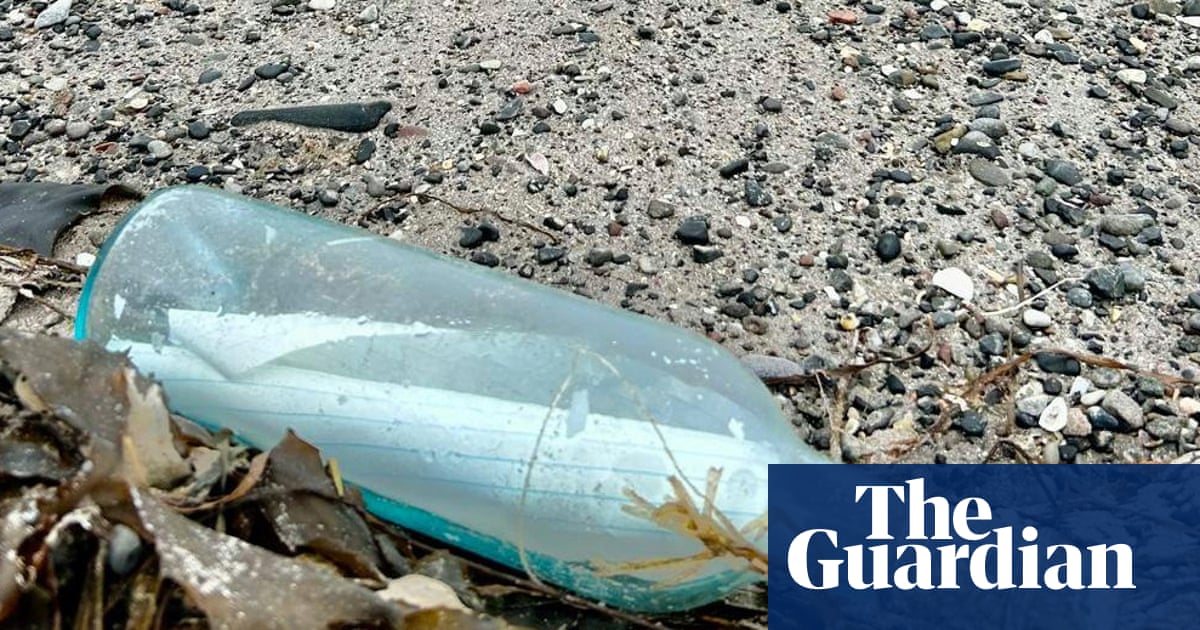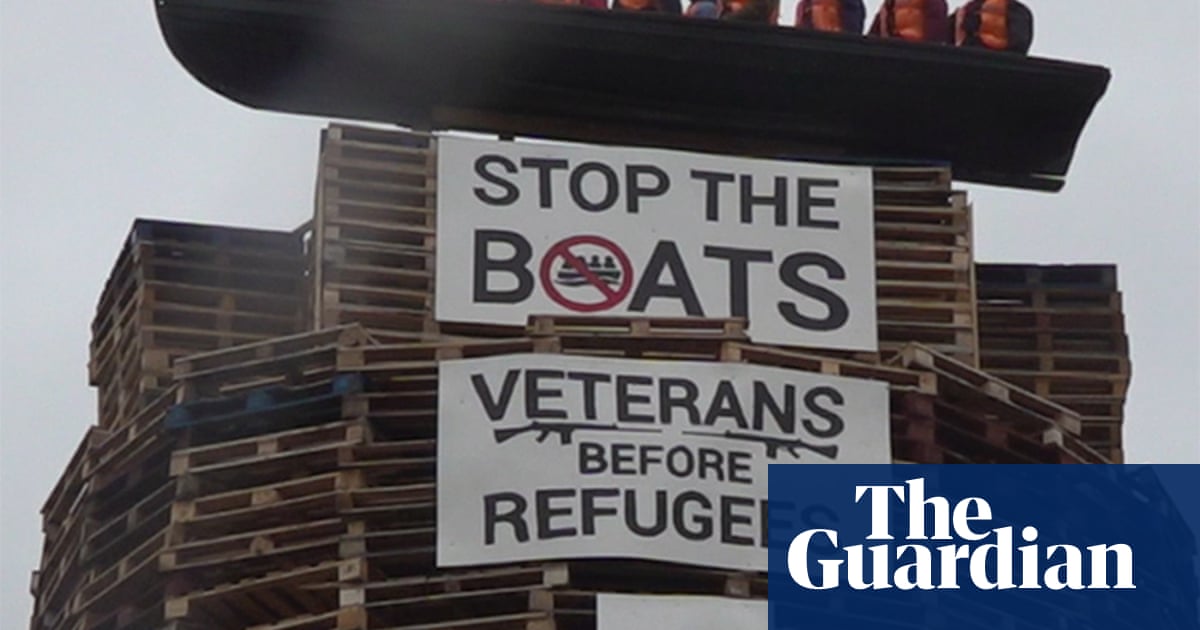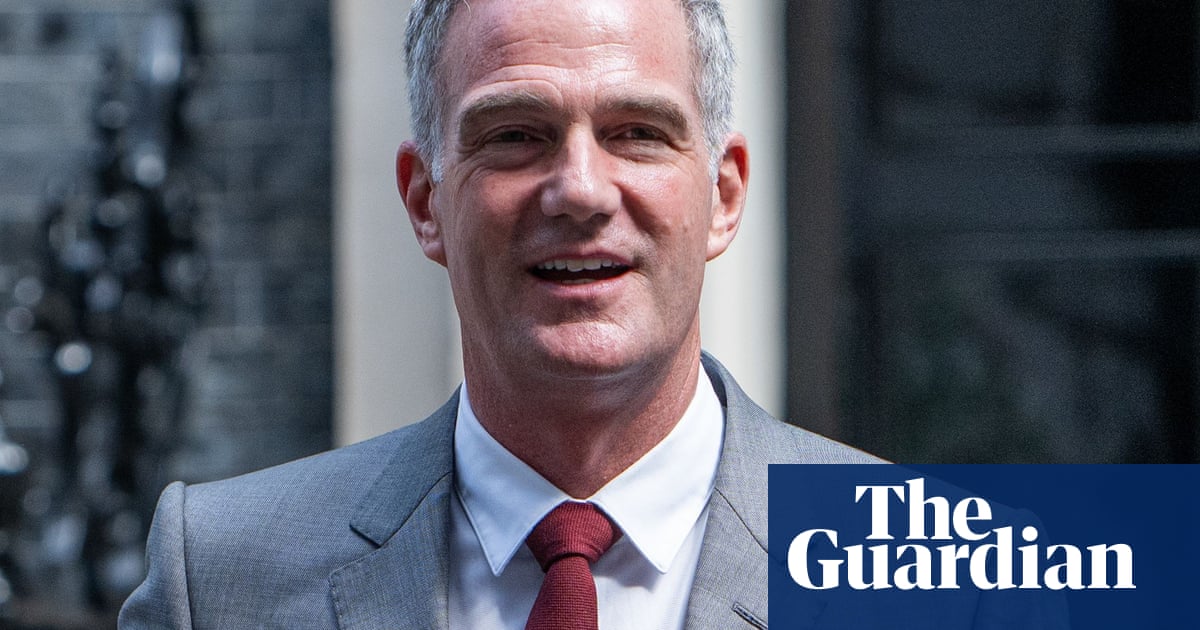An Environment Agency (EA) insider has broken ranks to expose what they describe as a “deliberate and ongoing cover-up” of the public health and environmental dangers of spreading sewage sludge on farmland.
They accuse the regulator and government of colluding with water companies for years to facilitate the dumping of waste under the guise of soil enrichment – without oversight, transparency or testing.
“This has been going on for decades,” they said. “The sludge regime is still being run under guidance created by the water companies. And when the Environment Agency finally funded research that uncovered real dangers, they buried it.”
Sewage sludge – the solid byproduct of wastewater treatment – is promoted as a sustainable fertiliser that returns nutrients to the soil, but it can also carry toxic substances from industrial and domestic waste. Before the practice was banned in the 1990s, sludge was routinely dumped at sea; now it is spread on land.
Rules since 1989 only require the sludge to be tested for a narrow range of heavy metals. Other substances, including pharmaceuticals, Pfas “forever chemicals”, flame retardants, microplastics, endocrine disruptors, are neither regulated nor tested for.
Voluntary guidance drawn up in 1998 by the water industry, the safe sludge matrix, sets out what types of treated sludge can be spread and where. “The matrix is still in use,” the insider said. “It was written by the water companies and simply accepted by the Environment Agency.”
An industry expert agreed, saying: “It’s a PR exercise. The treatment doesn’t remove a huge range of pollutants, just pathogens.” A second EA source said the matrix was designed to “protect [companies’] access to the land bank” – to reassure farmers and fend off regulation.
The EA has long known sludge is a problem. In 2017, it commissioned a study to investigate. The insider said that although the study was praised internally, it then disappeared. “It was wiped. When journalists asked about it, the agency said it didn’t exist.”
Greenpeace’s Unearthed team uncovered the study through freedom of information legislation. It revealed flame retardants, dioxins and microplastics had been identified in sludge samples.
“The EA denied its existence until the evidence was overwhelming. Then they said, ‘OK, it exists, but we’re not giving it to you,’” the insider said.
After the report’s exposure in 2020, the Department for Environment, Food and Rural Affairs and the EA announced a new sludge strategy to modernise the system and bring it under environmental permitting, with promises of better tracking, data and enforcement. But nothing has been delivered.
“It was political theatre,” the insider said. “Throw out a strategy, let it sit on the shelf, say it’ll be reviewed next year. Hope the public forgets.”
If the agency had been serious, they added, it would have expanded the list of substances water companies must test for. Instead, nothing changed. “The regulators and government are complicit. There’s too much money in sludge – cost savings and profits. Water companies have too much influence.”
In 2024, the campaign group Fighting Dirty launched a legal challenge seeking stronger standards for sewage sludge, but lost.
after newsletter promotion
Georgia Elliott-Smith, Fighting Dirty’s director, said: “Water company executives and shareholders receive enormous payouts while environmental and health hazards are ignored. Worse, this suggests a deliberate pay-to-pollute arrangement. It’s sickening that water companies struck a deal with Ofwat allowing them to pass clean-up costs to consumers. Government must intervene.”
Dr Joanna Cloy, from the environmental charity Fidra, said: “Until companies invest in better treatment and infrastructure, unregulated contaminants from urban, industrial and hospital waste will keep flowing into sludge.”
Richard Benwell, the CEO of Wildlife and Countryside Link, said: “Sewage sludge without strong regulation creates a toxic cycle in UK food and water systems. Chemicals in sludge pollute soils and crops, then run-off re-pollutes water. Monitoring focuses only on heavy metals. Government must set standards to restrict harmful agricultural chemicals and enforce polluter-pays rules.”
“Regulation of sewage sludge is completely inadequate with monitoring focusing only on heavy metals. The government must move swiftly to set standards to restrict and enforce the levels of these harmful chemicals in use in agriculture, alongside setting tough ‘polluter pays’ responsibilities for the companies that are producing these pollutants in the first place.”
Dr David Tompkins, a soil and waste expert and associate director at consulting firm WSP said, “We’d like to see a stronger application of the precautionary principle to protect soils and ecosystems pending further studies. We know sludge contains Pfas, plastics, and other chemicals – but we don’t know the impact on soils. Instead of stopping until we do, we carry on because real change costs money.”
“Proper regulation –bringing contaminants in sludge down to safe levels – would cost more than burning or dumping it,” the EA insider said. “So they won’t do it. They’ll never set targets because the price is too high. The only fixes are to ban sludge spreading or stop toxic waste entering sewers – and Defra and the EA want neither. They just pretend change is coming.”
Water UK acknowledged bioresources may contain Pfas and microplastics but said there are no legal standards or detection methods, and setting such standards is a matter for government and regulators. It said the industry is backing research and calling for coordinated international action.
The EA said it enforces strict controls to prevent sludge from harming soil and water, including thousands of inspections and followup actions annually. Defra said it had launched an independent water commission to review sludge regulation and is working with the EA, farmers and companies to ensure safe use.

 6 hours ago
3
6 hours ago
3

















































